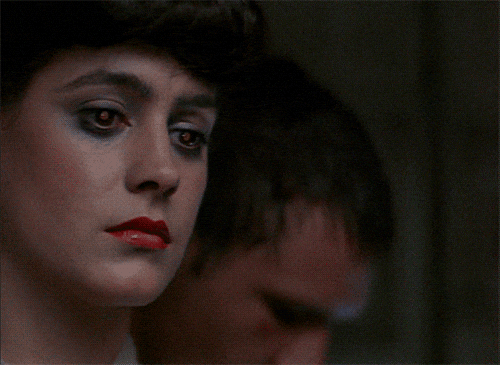Blade Runner, released in 1982, is a science fiction film directed by Ridley Scott that has left an indelible mark on popular culture. The movie explores themes such as identity, humanity, and what it means to be alive. However, one aspect of the film that often goes unnoticed is its social implications.
The world depicted in Blade Runner is a dystopian future where humans coexist with artificial beings called replicants. This raises questions about our relationship with technology and how we perceive it as part of society. The movie challenges us to consider whether these advanced machines should be treated differently than humans or if they are merely tools created by mankind for their own benefit.
Furthermore, Blade Runner also touches upon issues related to immigration and the struggle faced by immigrants in adapting to a new environment. The film's protagonist, Rick Deckard, is tasked with hunting down rogue replicants who have come from off-world colonies seeking asylum on Earth. This reflects real-life debates about migration policies and how societies should handle the influx of foreigners into their territories.
In conclusion, Blade Runner serves as a thought-provoking exploration of various social issues that continue to resonate today. Its portrayal of a world where humans and machines coexist forces us to question our own beliefs about technology and humanity while also highlighting the challenges faced by immigrants in adapting to new environments.
